During the full-scale war, the publications of journalists, mainly newspapermen working in the front-line territories of Ukraine, became not only a professional source of information but also an effective shield against russian propaganda.
“It is difficult to overestimate the importance of the front-line press,” says Hanna Chernenko, the coordinator of the Kharkiv Journalists’ Solidarity Center (JSC) of the National Union of Journalists of Ukraine (NUJU), who lives and works in Kharkiv. “When I was told about a newspaper with a circulation of several hundred copies before February 2022, I was surprised by such a phenomenon. After all, pages on social networks and Telegram channels had many more subscribers. Although I had been working in journalism since 2009, I fully understood the importance of print media only after the start of a full-scale war. For residents, it [newspaper] is like a million-strong telegram channel!”
Try to hold an experiment and live without information from the media or social networks for at least a few weeks, advises Hanna. In conditions of such information hunger, you will begin to catch any messages – reliable and unreliable, retellings of news heard from the radio, and simply rumors.
“Often, working in front-line cities – such as Izium, Kupiyansk, or Vovchansk – we, Kharkiv journalists, see people who approach us and ask what is really happening at the front and in the country?” says Hanna Chernenko. “Because there is often no electricity and Internet there, there are few newspapers – and the vacant ‘room’ is immediately occupied by russian agitators and media.”
The journalist emphasizes the importance of countering russian propaganda, which is actively spreading in the areas occupied by the enemy.
“I don’t know how to describe the degree of distortion of reality used by the russian media. For white, they do not say “black” but “wet.” Therefore, the lack of truth first causes fear and then despair,” Hanna notes. “But thanks to the work of local journalists, this whole system is breaking down.”
Journalist Chernenko and her colleagues repeatedly learned firsthand how the occupiers use propaganda materials for psychological pressure on prisoners and civilian hostages.
“When we came to shoot in the liberated Balakliya or Izium and filmed in the torture chambers where the occupiers kept kindergarten teachers – simply because they did not cooperate with the russians – we saw cells filled with propaganda newspapers. That’s how the occupiers broke people using information…,” the journalist says.
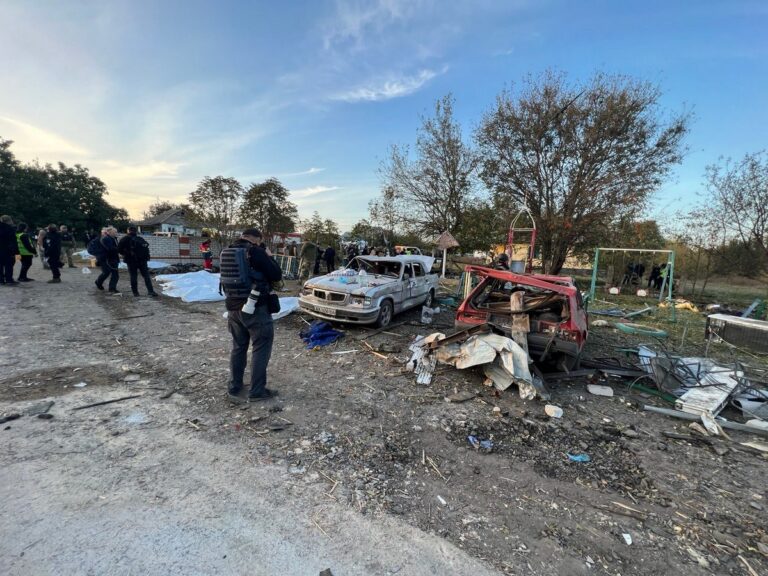
Hanna Chernenko‘s colleague, cameraman and photographer Volodymyr Pavlov, helps foreign journalists a lot. He not only shoots but also works as a fixer – a local assistant to colleagues from abroad. Volodymyr cooperated with Sky News Arabia, Deutsche Welle, Reuters… They worked with Reuters not only in the Kharkiv Region but also in Donbas.
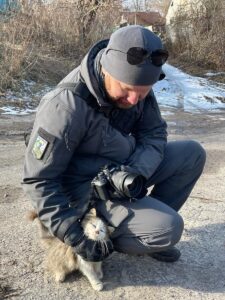
He also assisted the crew of the documentary Ukraine: Life Under Attack, which received the prestigious 2023 Peabody Television Award. The film was screened on the American channel PBS Frontline. The voiceover of the documentary story is from the actress Cate Blanchett. Jury members assessed the film as “a vivid testimony of the incredible courage of people who survived a war with no end in sight.” One of the film crew leaders, Mani Benchelah, even sent a letter to the President of the NUJU, Sergiy Tomilenko, in which he emphasized that NUJU‘s help during the film crew’s stay in Ukraine “was invaluable.” “Thanks to you, we managed to start working in Kharkiv and get reliable help from local reporter Volodymyr Pavlov,” wrote Mani Benchelah.
“Unfortunately, the war has been going on in our country for more than ten years. Therefore, information about skirmishes and explosions, no matter how sad it is, bore foreigners. But they are still interested in people’s stories,” says Volodymyr.
He emphasizes the importance of covering events in the front-line cities, such as Izium, Balakliya, Kharkiv, Toretsk, and Kramatorsk… Working there, media people face the consequences of shelling and human tragedies every day.
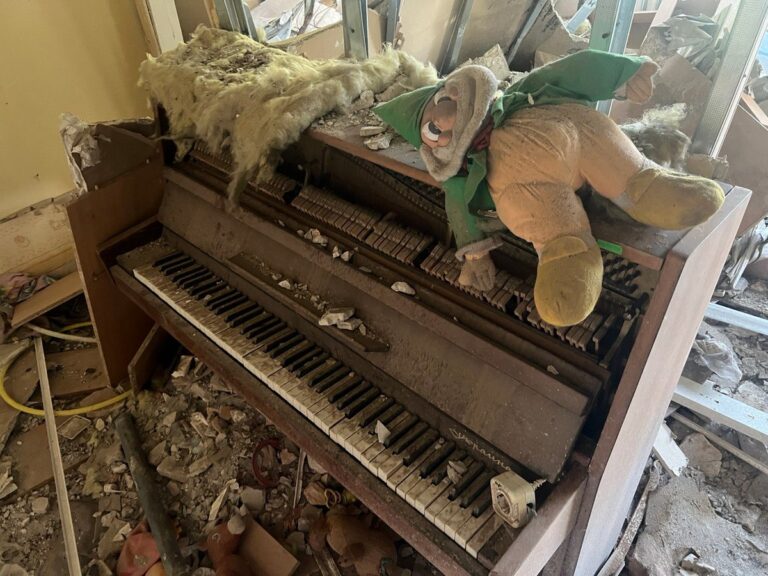
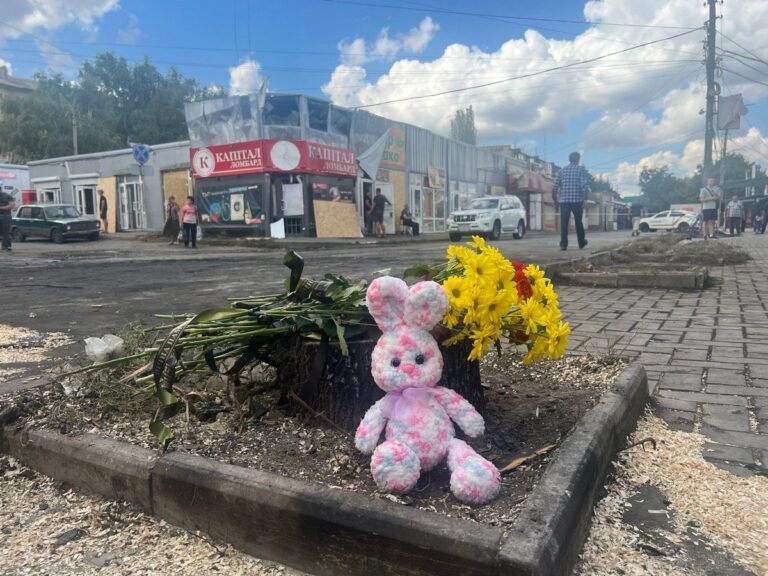
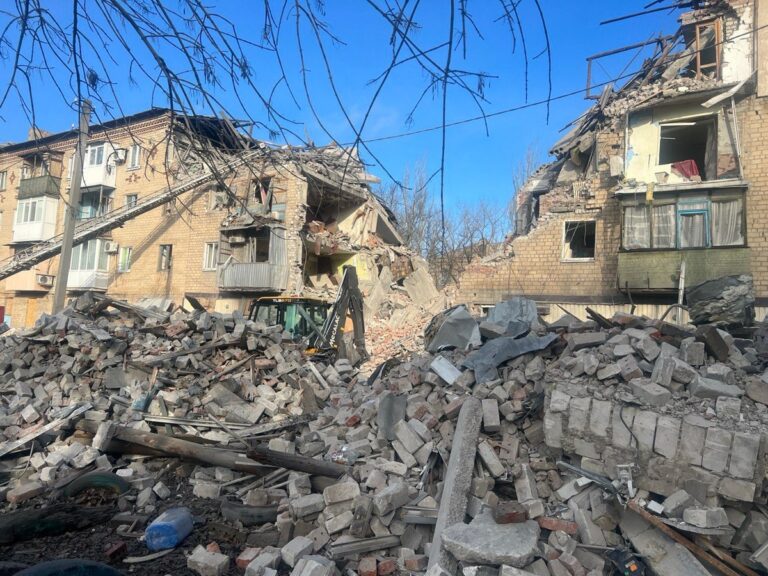
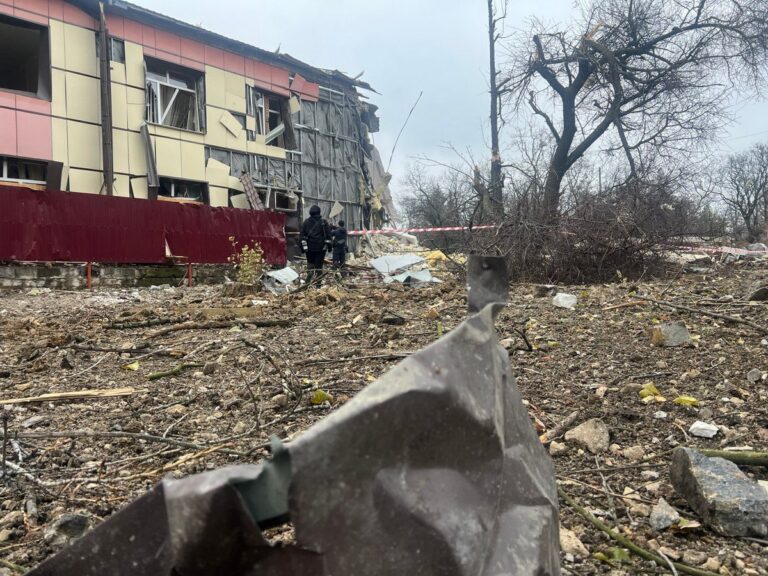
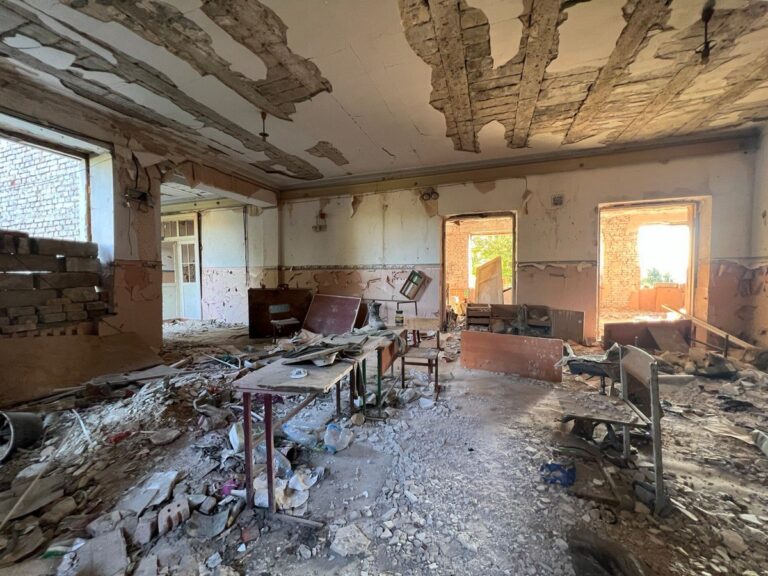
Volodymyr Pavlov had to put the camera aside more than once to help medics bandage the wounded. It’s good that he always has a first-aid kit with him, which was provided by international charities.
“For example, the day before our conversation with you, the russians reported that they had “destroyed another NATO base in Kharkiv, with foreign instructors”… But we were at the sites of enemy landings. In fact, the injured people we saw being helped to bandage were a gas fitter, a woman who lives next to where the russian Iskander cluster-warhead missile hit, and four construction workers. There was no military, no “foreign instructor.”
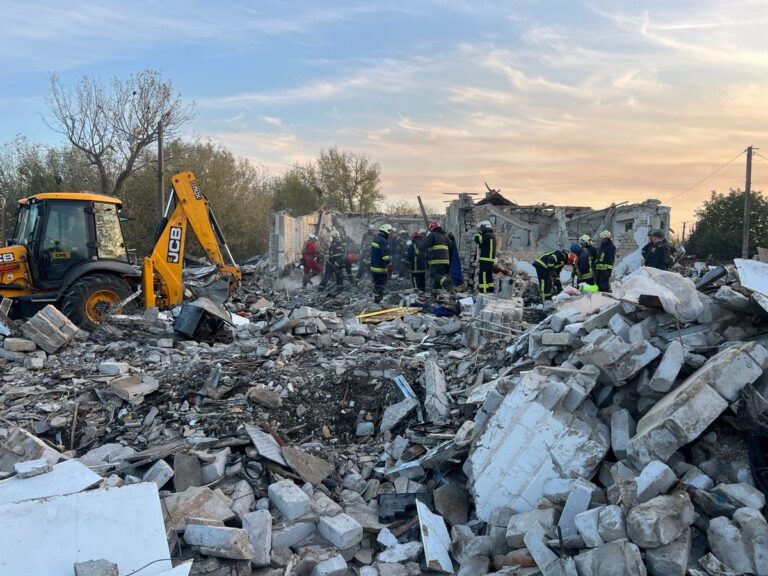
Working near the front line is always dangerous. Volodymyr recalled how, at the beginning of the war, he and his colleagues were filming at the site of the fall of a russian missile that did not explode. A Security Service of Ukraine employee approached them, checked the documents, and allowed filming. But he asked other people to stay away. To the question of someone present, “Why can they and we can’t?” the law enforcement officer answered: “Because they are journalists and have to work, and you move away – the missile might explode!”
Complementing the words of her colleague, Hanna Chernenko noted that since the beginning of the full-scale war, Kharkiv journalists had to learn not only to distinguish Ukrainian and russian soldiers by their uniforms but also to identify different types of missiles, to learn what color clothes are suitable for working in a dangerous zone, and what is not, and how it is better to explain to the law enforcement officers that you are a journalist and not an enemy agent and to psychologically adapt to the fact that at the place of the “hit,” you can find someone’s hand or another part of the body…
“We live and work in such conditions, for which pre-war life never prepared us,” says Hanna Chernenko.
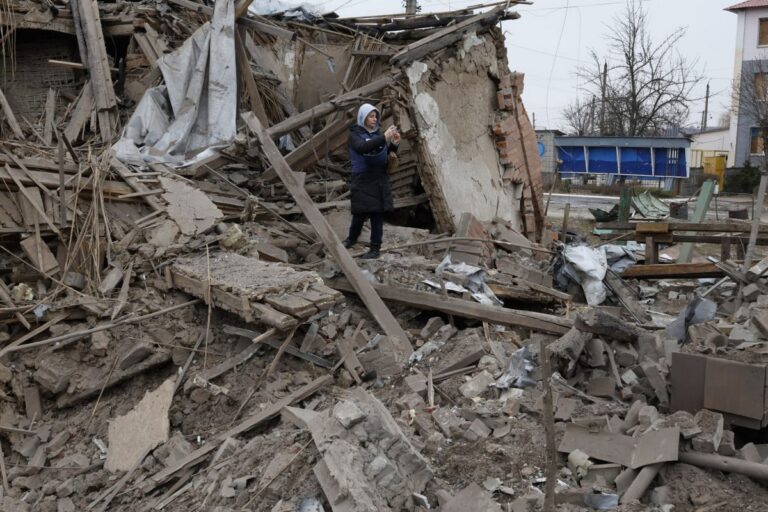
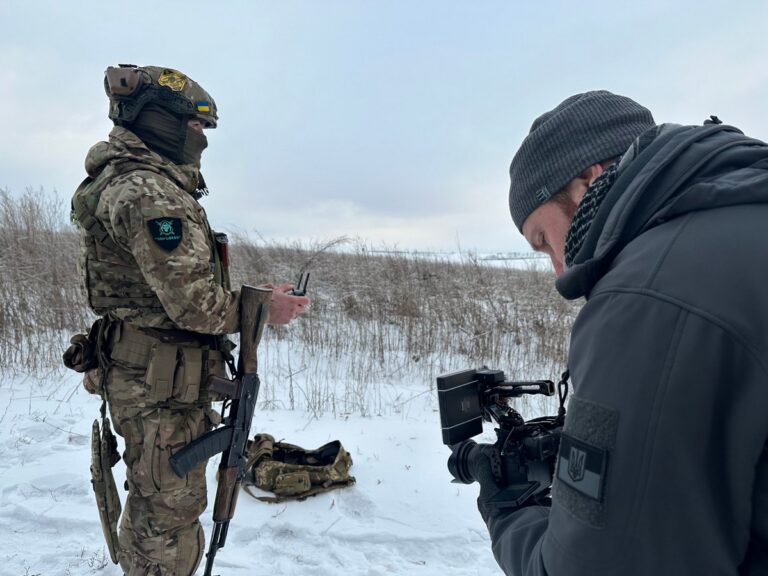
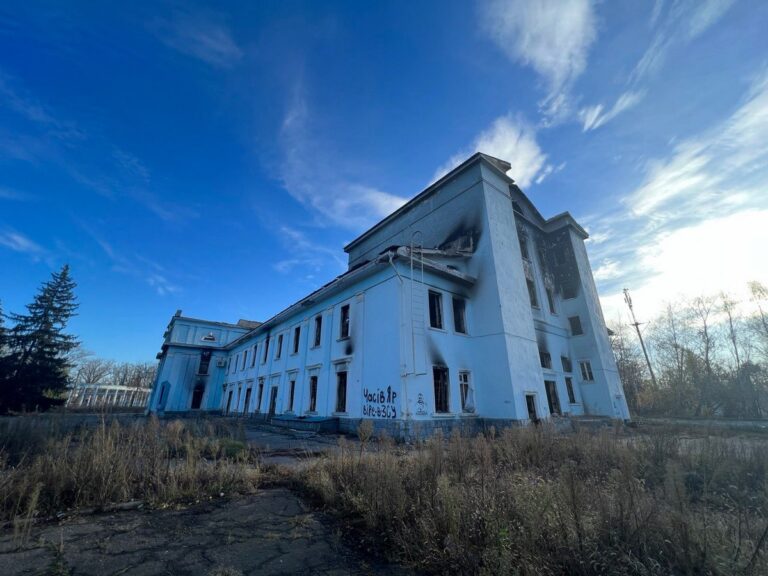
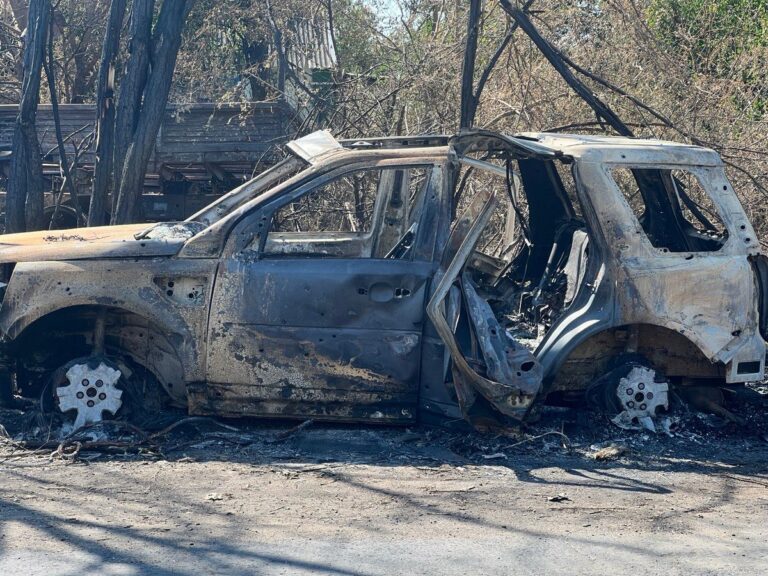
In small towns and villages close to the front or the russian border, which, in fact, is also the front, the situation is even worse than in Kharkiv.
Vasyl Myroshnyk, the editor-in-chief of the Zoria newspaper published in the border town of Zolochiv, became the hero of the film On The Frontier. The Heroic Story of the Journalist from the Front-Line Newspaper filmed by the NUJU Information Service.
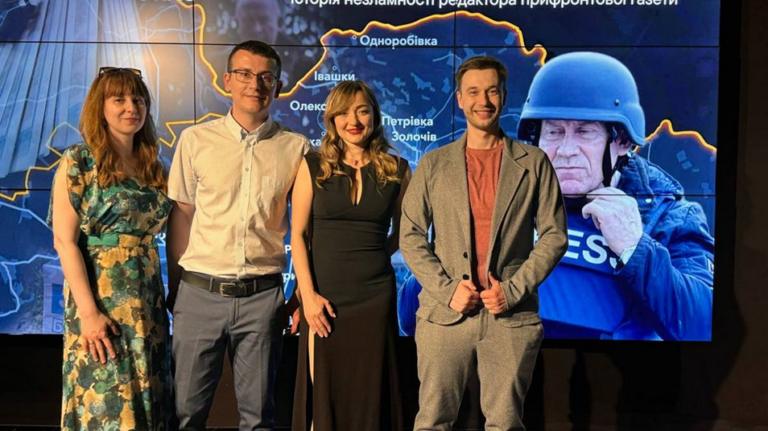
Vasyl Savych drives about 400 kilometers every week, single-handedly delivering copies of his publication to populated areas, visiting even the most dangerous places where people still live.
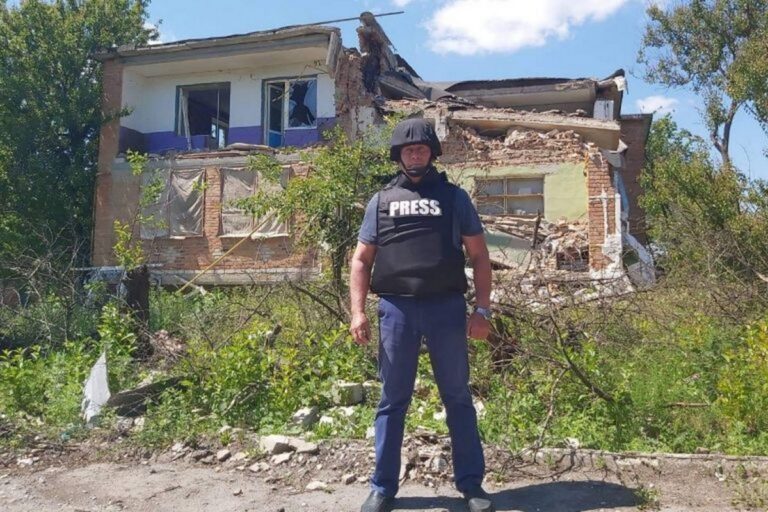
“Everything looks very bad in the area of Zolochiv now…,” he says. “There are almost no people… They left or were simply killed… Drones are a scary thing.”
He talks about the constant shelling, in particular, that Zoria‘s newsroom was shelled at least eight times.
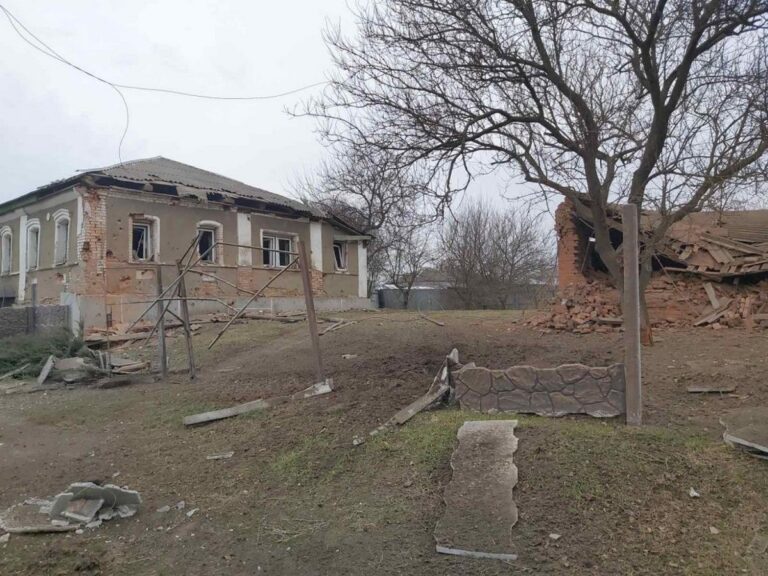
“The film On The Frontier was shot in April. A lot has changed since then. The building opposite the newsroom, which was in the frame, is no longer there. A lot of people were killed in the center of Zolochiv… What has been happening in the Zolochiv Community since the spring is terrible,” says Vasyl Myroshnyk.
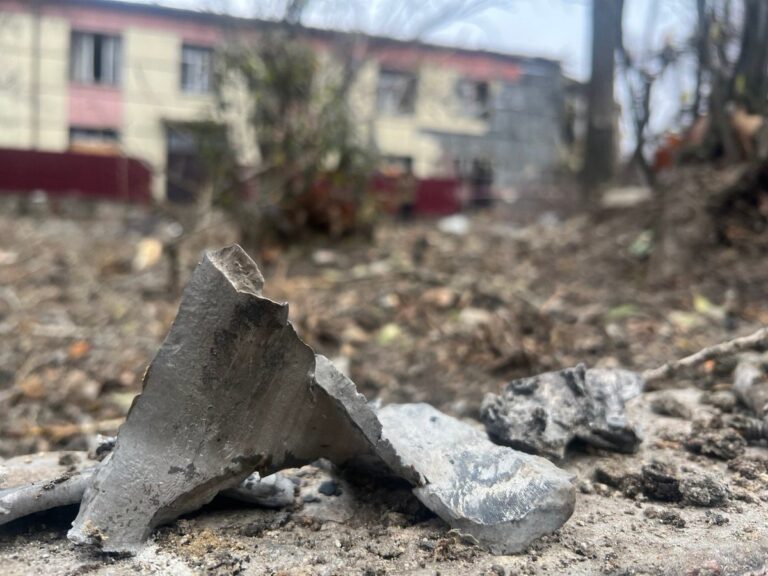
Despite the danger, Myroshnyk emphasizes the importance of documenting russian war crimes.
“What journalists do in the front-line zone is not just gathering information. We record crimes,” the editor notes. “As a result of russian shelling of peaceful infrastructure, almost a hundred civilians were killed in the area of Zolochiv alone. These are children, elderly people… It will be necessary to write a book about all this!”
Vasyl Myroshnyk emphasizes that people in the front-line areas want to read newspapers and learn the truth from them.
“If there is an injustice towards our people, it is the media who can help,” adds the editor. “Several times, we really managed to help… People want the truth. People love Ukraine.”
NUJU Information Service

 THE NATIONAL UNION OF
JOURNALISTS OF UKRAINE
THE NATIONAL UNION OF
JOURNALISTS OF UKRAINE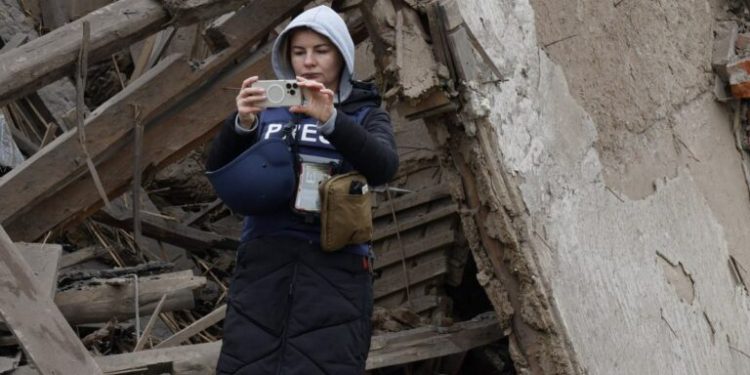
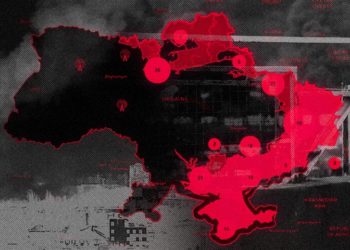
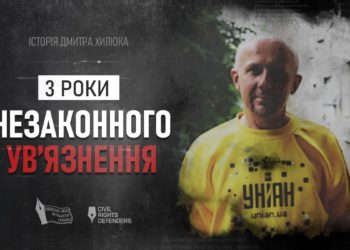
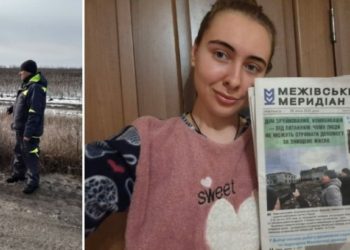













Discussion about this post